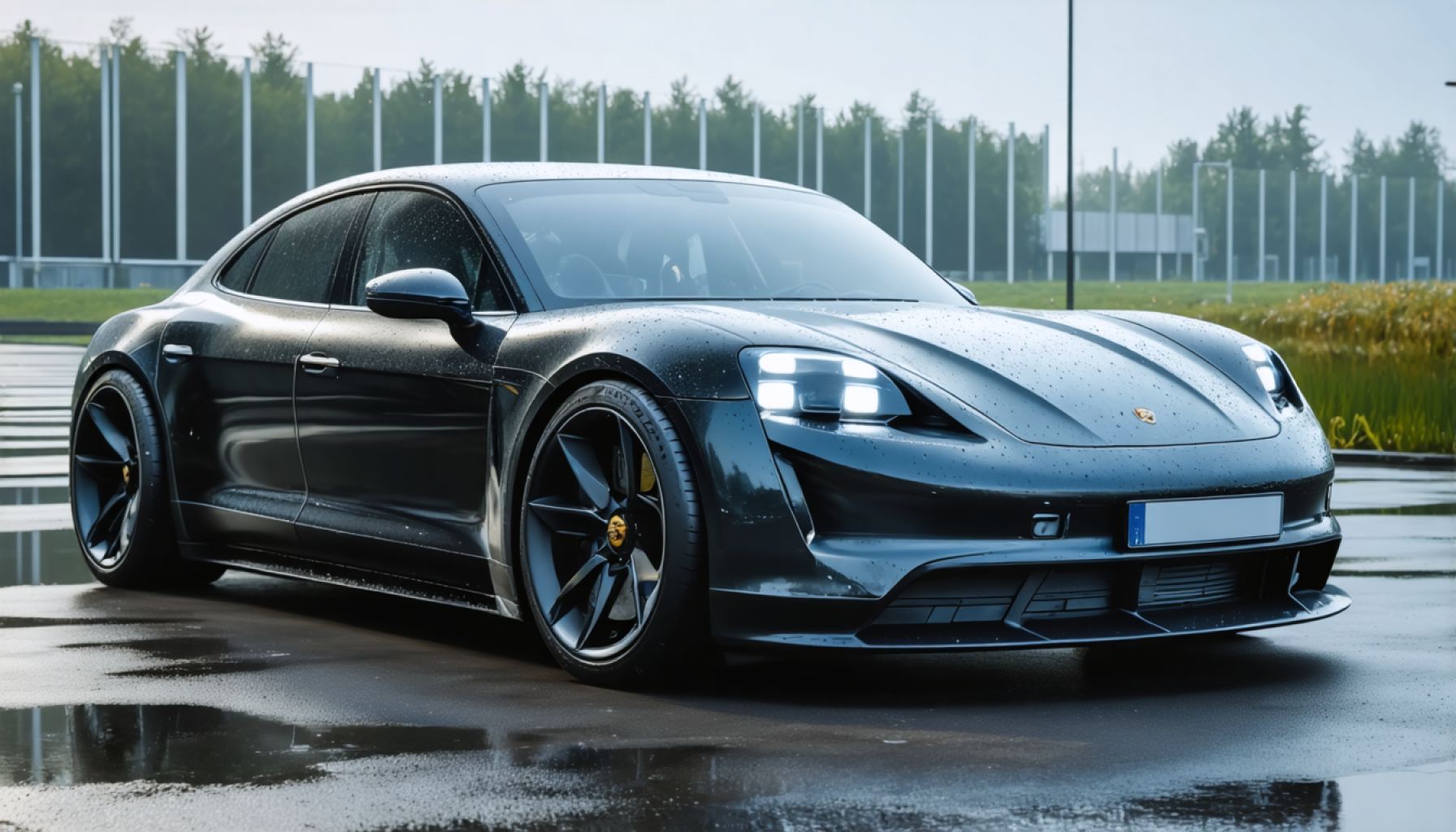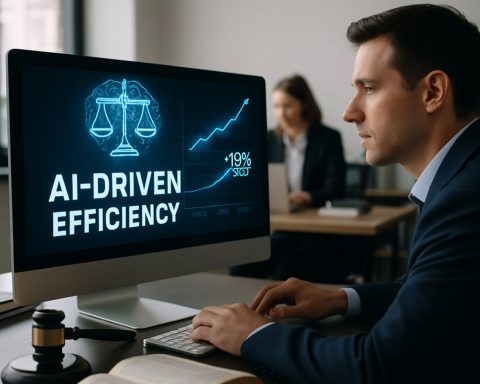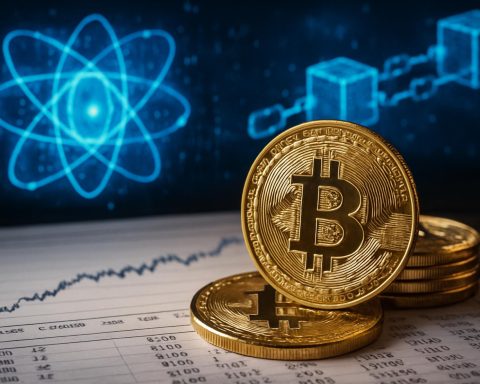- Porsche launches a pilot project to recycle spent EV batteries into “black mass,” a material rich in nickel, cobalt, manganese, and lithium.
- The initiative emphasizes precision in refining “black mass” to meet stringent standards for new battery production.
- Porsche plans to incorporate a defined percentage of recycled content in new battery cells for future models.
- This effort aligns with impending EU regulations demanding higher recycled content and supply chain transparency by 2031.
- By spearheading this sustainability initiative, Porsche aims to mitigate geopolitical supply risks while advancing luxury sustainability.
- Porsche’s strategy reflects a commitment to the circular economy, aiming to reduce ecological footprints and innovate the future of mobility.
A powerful vision drives Porsche’s latest environmental strategy—transforming spent electric vehicle batteries into a treasure trove of vital materials. As the world marches towards greener initiatives, the German automaker embarks on a groundbreaking pilot project, diligently turning what was once waste into opportunity.
At the heart of this initiative is the mechanical alchemy of converting depleted batteries into “black mass,” a granular cocktail rich with the likes of nickel, cobalt, manganese, and lithium. In its initial phase, Porsche has already conjured about 65 tonnes of “black mass” through this innovative process. This isn’t just repurposed scrap; it’s the starting point of a high-tech revolution in how we power the roads of tomorrow.
This metamorphosis continues as the “black mass” undergoes sophisticated refinement. Here, precision and purity are paramount. Porsche meticulously extracts elements to a degree that meets the exacting standards required for new EV batteries. The purity and consistency championed in this process are essential for Porsche, where precision forms the very essence of their engineering ethos.
Further into this ambitious journey, Porsche aims to integrate a defined share of recycled content into new battery cells. Real-world tests will follow, pushing the boundaries of sustainable power as these recycled cells drive future Porsche models. This initiative stands as a testament to the automaker’s commitment to integrating circular economy principles—an undeniably bold statement in a rapidly evolving industry landscape.
The magnitude of Porsche’s endeavor is underscored by more than just the promise of sustainability. It positions the brand ahead of anticipated European Union regulations slated for 2031, which will require heightened levels of recycled content and greater transparency in sourcing. By planning ahead, Porsche not only safeguards its material supply chain from geopolitical uncertainties but also solidifies its role as a proactive force in luxury sustainability.
As an embodiment of reinvention, Porsche’s recycling journey marks a pivotal stride towards reducing ecological footprints while ensuring a resilient supply chain. It’s a strategic, environmentally conscious approach poised to redefine the future of mobility—one where each drive is powered as much by innovation as it is by the road itself.
Porsche’s Battery Recycling Revolution: What This Means for the Future of Sustainable Driving
Porsche’s Innovative Approach to Battery Recycling
Porsche is spearheading a transformative initiative that redefines how electric vehicle (EV) batteries are recycled. This groundbreaking pilot project involves converting spent batteries into “black mass,” a substance rich in essential materials like nickel, cobalt, manganese, and lithium. By doing so, Porsche aims not just to recycle but to create a sustainable supply chain for future EV manufacturing.
How It Works: Steps in Porsche’s Recycling Process
1. Collection and Disassembly: Spent EV batteries are collected and disassembled to separate the components.
2. Black Mass Production: The core materials are processed into “black mass,” a concentrated form that contains vital elements.
3. Sophisticated Refinement: The black mass is refined with precision to extract materials at purity levels necessary for new battery production.
4. Integration: The purified materials are reintegrated into the manufacturing process, aiming to increase the recycled content in new battery cells.
Market Trends and Industry Forecasts
Porsche’s initiative aligns with broader industry trends where sustainable practices are becoming integral to automotive manufacturing. The global EV battery recycling market is projected to grow significantly, driven by regulatory requirements and scarcity of raw materials. Porsche’s forward-thinking approach anticipates the European Union’s regulations on recycled content in vehicles, expected to take effect by 2031.
Pros and Cons Overview
Pros:
– Sustainability: Reduces dependency on raw material extraction, minimizing environmental impact.
– Regulatory Compliance: Aligns with future EU regulations, ensuring compliance ahead of time.
– Innovation Leadership: Positions Porsche as a leader in luxury automotive sustainability.
Cons:
– High Initial Investment: The technology and infrastructure required for battery recycling can be costly.
– Complexity: The processes involved are technically complex and need rigorous quality control.
Potential Challenges and Controversies
While Porsche’s project is a significant step forward, it faces challenges such as ensuring the consistency of recycled materials and managing the high costs of sophisticated recycling technology. Moreover, balancing the supply chain’s sustainability with profitability remains a nuanced task.
Insights and Predictions
As Porsche leads in adopting circular economy principles, other automakers are likely to follow suit, fostering an industry-wide shift towards sustainable practices. This could accelerate innovation in battery recycling technologies, driving costs down and increasing efficiency.
Actionable Recommendations for Consumers
1. Stay Informed: Follow industry developments to understand how sustainable practices might affect future car purchases.
2. Consider Sustainability: When buying an EV, inquire about the manufacturer’s recycling processes and sustainability commitments.
3. Support Innovations: Invest in companies or products that demonstrate a commitment to sustainability and innovation in recycling.
Conclusion
Porsche’s battery recycling initiative is not just an environmental strategy; it’s a vision for a sustainable future in mobility. By transforming waste into valuable resources, Porsche sets a new standard in luxury automotive circles and positions itself as a proactive leader in sustainable innovation.
For more insights about Porsche’s sustainability efforts, visit Porsche.










